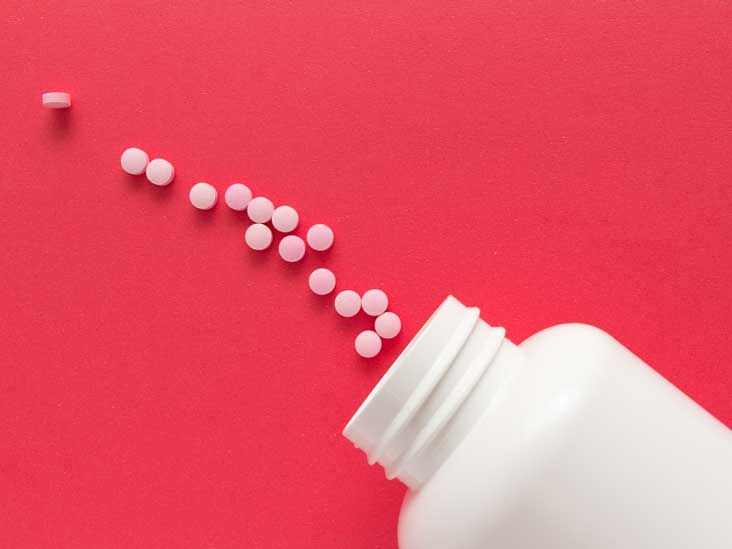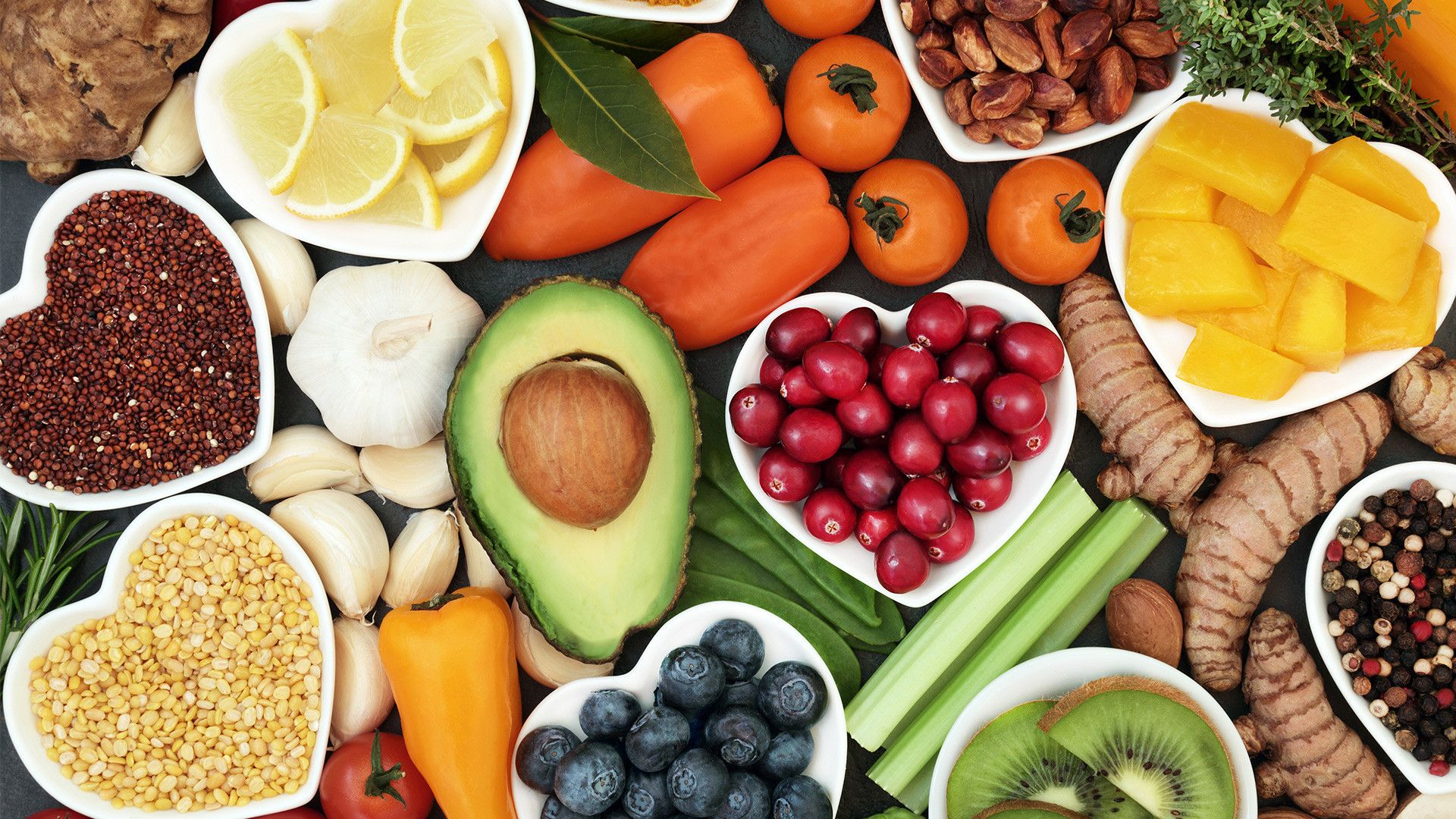Let's understand in detail, what is Viagra, a drug that increases sexual performance?
The name of Viagra is very famous. Many people know that this drug of Viagra brand increases sexual performance. But few know that it has its own quantity. Which should be used in case of lack of sexual ability only on the advice of the doctor considering the body condition and age.
In this way, cases of death due to eating randomly and regularly are heard from time to time.
What kind of medicine is this?
Viagra is a brand of Sildenafil Citrate drug. which belongs to the group of prostaglandin inhibitors. It temporarily activates the sexual potential of men.
The American Pfizer company invented this medicine in 1998 and named the brand 'Viagra'. Due to the fact that the old medicine released in the beginning and the response in the market was also positive, this medicine gained popularity. And, from that time until today, its demand is increasing. The medicine is famous by the name of Viagra.
In what situation is it used?
As a medicine to increase sexual desire, this medicine cannot be taken as such. Doctors recommend this medicine only to those who have problems with sexual impotence.
Sexual impotence is the inability of the penis to become hard during sexual intercourse or to be unable to maintain it for a long time. Because of this, sex cannot happen even if you want to. If there is such a problem, this medicine works.
How does this medicine work?
When thinking about or wanting to have sex, the brain produces a chemical called nitric oxide. It activates different bio chemicals in the body. Some of these chemicals are gradually destroyed by prostaglandin and five hormones. So after some time the excitement disappears.
This medicine works to block that breaking process. This drug increases the amount of nitric oxide in the body of a person with sexual impotence. And, makes the arteries loose. As a result, blood flow temporarily increases in the penis. As soon as the blood flows, the penis becomes hard. And, sexual ability increases temporarily.
When and how to use this medicine?
Viagra is available in 25 mg to 200 mg. How many milligrams to give depends on the condition of the affected person.
As far as the use of the medicine is concerned, this medicine should be taken 20-25 minutes before sexual intercourse. If a large meal is consumed, it will take some time to show its effect. The dose of this medicine can last for 4 to 5 hours.
But if one medicine doesn't work, don't take another tablet. Sometimes stress or other reasons can cause sexual arousal.
Side-effects
It may cause some temporary side-effects. In which side-effects can be seen such as headache, skin redness, stomach problems, vision problems, nasal congestion, fever and muscle pain.
Viagra stimulates blood vessels in the muscles. In such a situation, the blood flow to the muscles is accelerated.
If you experience symptoms of chest pain, vision problems, breathing problems, swelling of the eyes and face due to its consumption, you should contact your doctor immediately.
Who should not eat?
- Viagra should not be taken even if you have heart problems and are taking nitrate group drugs. It increases the pressure on the heart. If you have to eat it, you should eat it only on the advice of a doctor.
- If a person experiences chest pain with slight exertion and his breathing rate increases, he should not use Viagra.
- If there is a heart attack or a stroke, the use of Viagra can be dangerous.
- Those who take blood pressure medicine and diabetes medicine should not use it either.
- Even if you have a kidney problem, it should not be used without a doctor's advice.
- HIV patients should not use Viagra even if they are taking Ritonavir.
Don't use it randomly
Today, even young, energetic young men use Viagra without a doctor's advice to indulge in sexual activity for a long time, to increase their virility or to be embarrassed in front of their partner.
Long-term use of this drug affects thinking and confidence. Some users are addicted to it. That's why they use it excessively thinking that it is not possible without sex.
Its side-effects can sometimes be very dangerous. Excessive use of it can make a person blind forever. People don't even know this.
Sometimes its use lasts for a long time, which is not good. If stimulation is continued for longer than necessary, it can become a problem.
Interesting history
In 1989, a team of the American pharmaceutical company Pfizer was working on making a drug to treat angina, that is, heart disease. Angina is a condition in which the arteries that supply blood to the heart become narrowed, causing chest pain and shortness of breath.
In this effort, Pfizer created a new ingredient, Sildenafil, and tested it on some men. Sildenafil failed to relieve heart pain in clinical trials. But the effort was not wasted. Most of the men who participated in the trial felt sexually stimulated by this drug. It has been confirmed that it has improved the sex life of many.
In other words, the medicine that Pfizer made for the proper flow of blood in the heart, that medicine worked for the veins of the penis. Then Pfizer started experimenting to solve the problem of sexual impotence.
The company got the patent for this medicine in 1996. On March 27, 1998, the FDA approved a drug called sildenafil for medical use. The brand name of sildenafil is Viagra.







